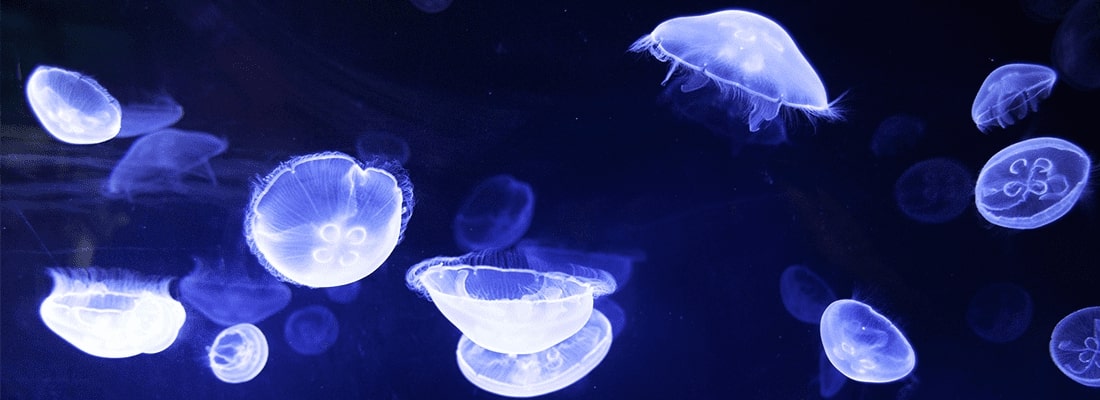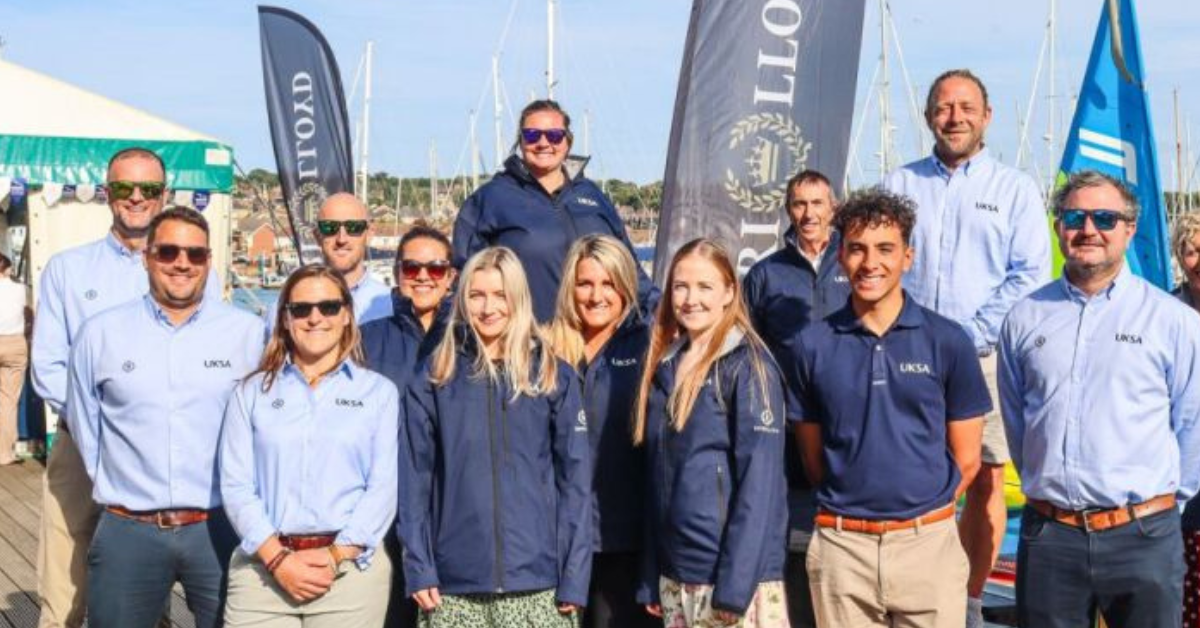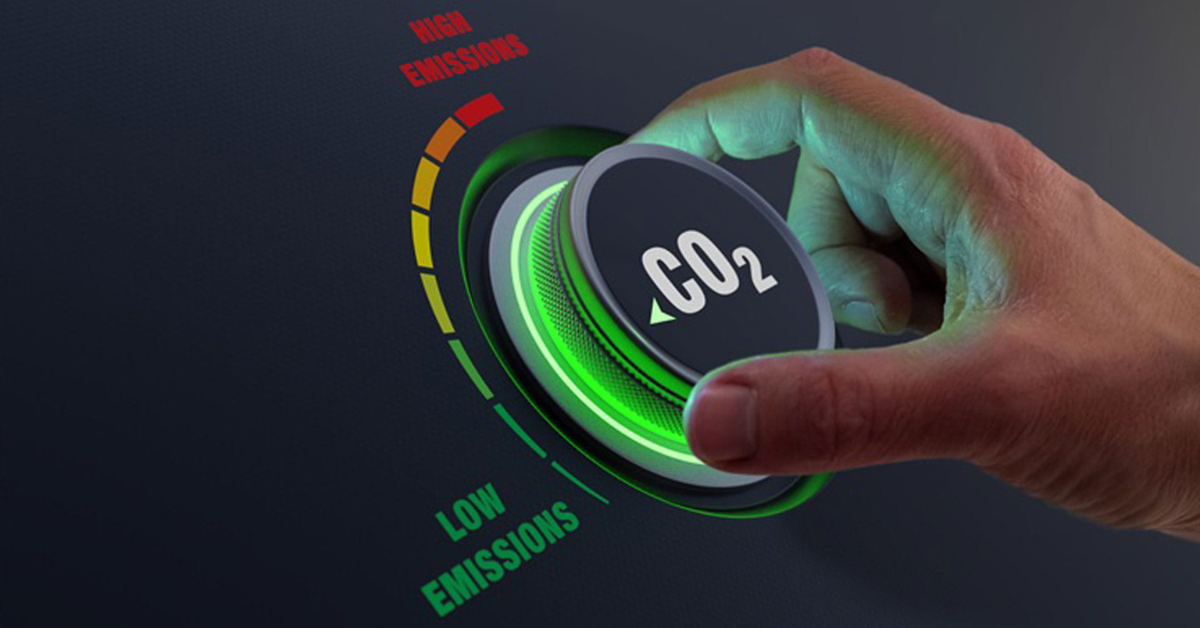
Walk around any marina or enclosed harbour area these days, and it’s very likely that you’ll see a lot of floating debris which has blown in, or drifted in on tides from the sea or adjacent rivers. Nobody likes to see that, and for marina / harbour management it’s something that is bad for business, and for their credibility as an environmentally responsible organisation. Manually clearing up the mess is possible with drag nets, but its a labour intensive and soul-destroying task, a bit like picking up sweet wrappers in a windy street… never ending, laborious and frustrating!
The Jellyfishbot by IADYS
Proving that creativity and entrepreneurism is alive and thriving in France when it comes to sustainable innovation, this invention comes from an organisation called Interactive Autonomous DYnamic Systems (IADYS) based in Aubagne, near the major port of Marseille.
Nicolas Carlesi founded the company in 2016 having been a PhD student in robotics and artificial intelligence. He said, “after pursuing my hobbies of sailing and scuba diving along the Mediterranean coasts for many years, and being struck by the levels of pollution in the sea, I decided in my early thirties, that it was time to use my robotics training and create an automated solution for cleaning up enclosed water spaces.”
“The remotely controlled Jellyfishbot can squeeze into tight spaces, runs for up to 8 hours on its internal batteries, is more efficient, considerably faster, and less tiring than employing nets handled by port employees,” Carlesi confirms.
A cat with a functional purpose
The Jellyfishbot is basically a remote controlled mini catamaran, easily carried to the work site, and highly maneuverable at just 70cm long x 70cm wide, and weighing only 18kg. It can be driven around the marina by a remote operator standing on the shore, while it scoops up floating debris, and collects it in a cargo net which holds 80 dm3.
The collection net can be fitted with an absorbent pad, so that hydrocarbons (oil / fuel etc) frequently found on the surface of harbour waters can also be mopped up. The net is designed to be used only once, so that when it’s full, the operator simply removes it, disposes of it, along with its contents, and fits a new one before sending the robot out again.
Carlesi says that the unit is capable of scooping up over an area of 1000m2 per hour, and his company is about to deliver two units to the city of Cassis, who successfully tested one last summer.
Going forward internationally
Cyril Castello, Commercial Director for IADYS , says that plans are firmly in place to push the Jellyfishbot into the market now that the testing is completed and initial production is in place. He said, “the big port cities are our initial targets, and we look forward to establishing a network of franchisees who can offer a cleanup service, rather than a purchase of the product.” “Additionally,” he says, “there is a plan to establish an international distribution network for sales of the units, and the product will be on display in the USA at this year’s IBEX show in October, and at METSTRADE in November. “
Without a human ‘at the helm'!
The team are not finished with refining the design elements yet either, Castello says that they are well advanced with enabling the systems to become completely autonomous, therefore no longer needing a human operator, and able to interact with other robots in the same location. He enthusiastically confirmed, “within the next year or so, the Jellyfishbot will be able to leave its charging base station, navigate around the marina guided by its own sensors, drive between moored boats, change course to avoid oncoming craft, and return to base when its collection.
Share your stories on leisure marine industry with us
Do you have an innovation, research results or an other interesting topic you would like to share with the leisure marine equipment industry? The METSTRADE website and social media channels are a great platform to showcase your stories! Let us know via metstrade@rai.nl
Are you a METSTRADE exhibitor?
Make sure you add your latest press releases to your Company Profile in the Exhibitor Portal for free exposure.



